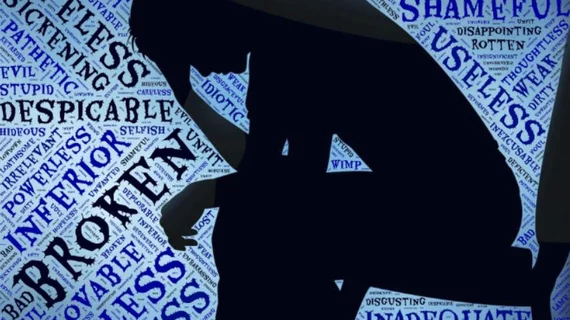Researchers receive $3.8M to study brain imaging of young adults with suicidal thoughts
Researchers have received a $3.8 million grant from the National Institute of Mental Health to use brain imaging and machine learning techniques to examine how suicidal thinking affects the brain.
Marcel Just, PhD, from Carnegie Mellon University in Pittsburgh, Pennsylvania, and David A. Brent, MD, from the University of Pittsburgh, were awarded the grant, which will build on their previous research on the subject. Just and Brent will compare the brain activation patterns in young adults with suicidal thoughts and those without such thoughts using fMRI.
“The cornerstone of this project is our recent ability to identify what concept a person is thinking about based on its accompanying brain activation pattern or neural signature,” Just said in a prepared statement. “We were previously able to obtain consistent neural signatures to determine whether someone was thinking about objects like a banana or a hammer by examining their fMRI brain activation patterns. But now we are able to tell whether someone is thinking about ‘trouble’ or ‘death’ in an unusual way. The alterations in the signatures of these concepts are the ‘neurocognitive thought markers’ that our machine learning program looks for.”
If the group’s research is a success, they hope to be able to gain a better understanding of how suicidal thoughts impact a person’s thinking and feelings. The work could also lead to improved treatment strategies for patients experiencing suicidal thoughts.
“Suicide is the second leading cause of death among young adults in the U.S., and current assessment methods rely entirely on patients self reporting and doctors’ observations,” Brent said in the same statement. “Any new inroads to better diagnosis and treatment have the potential to save lives.”

